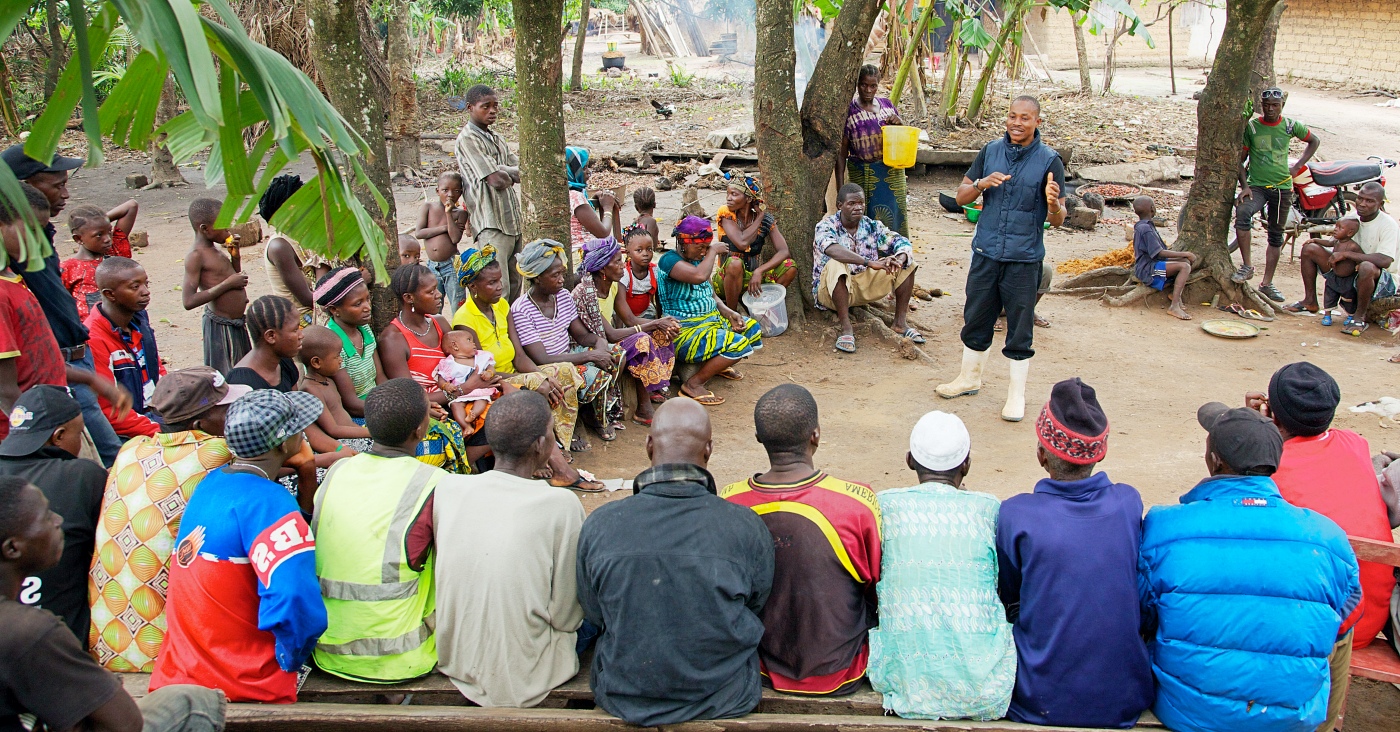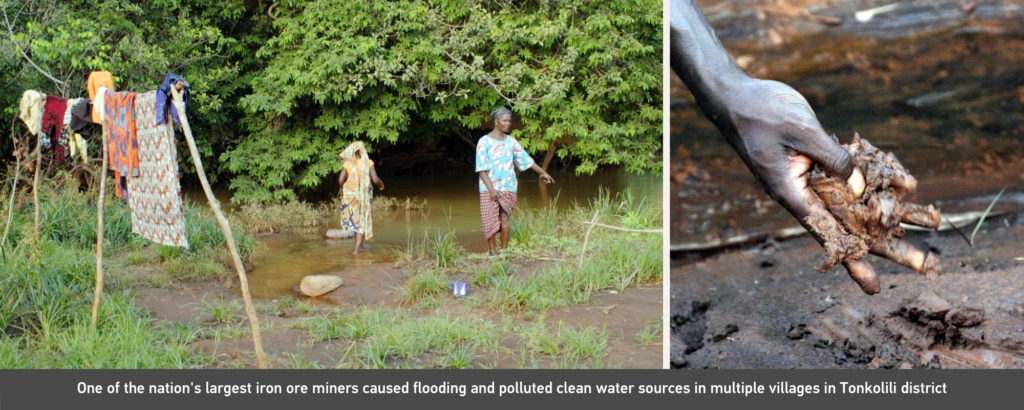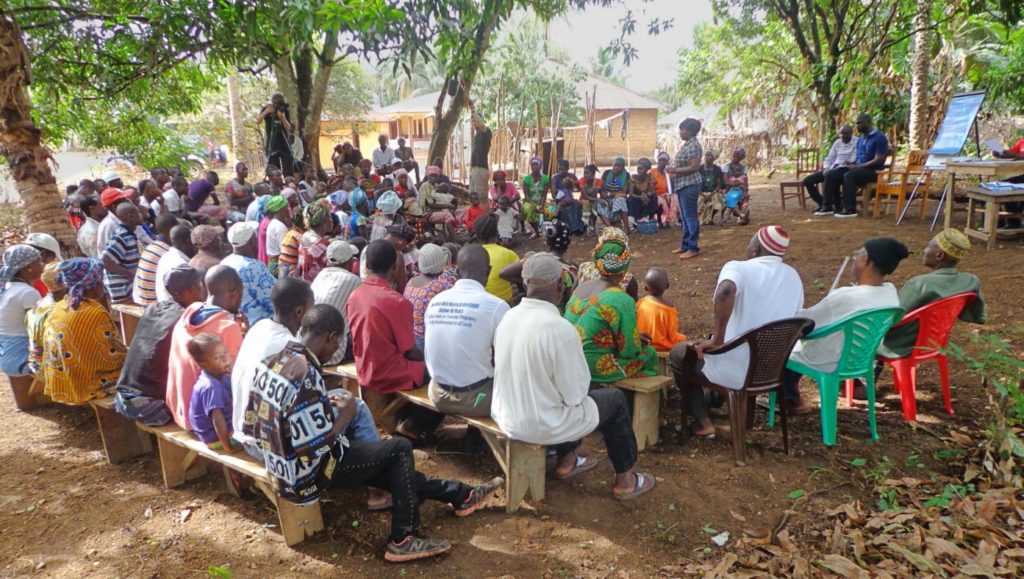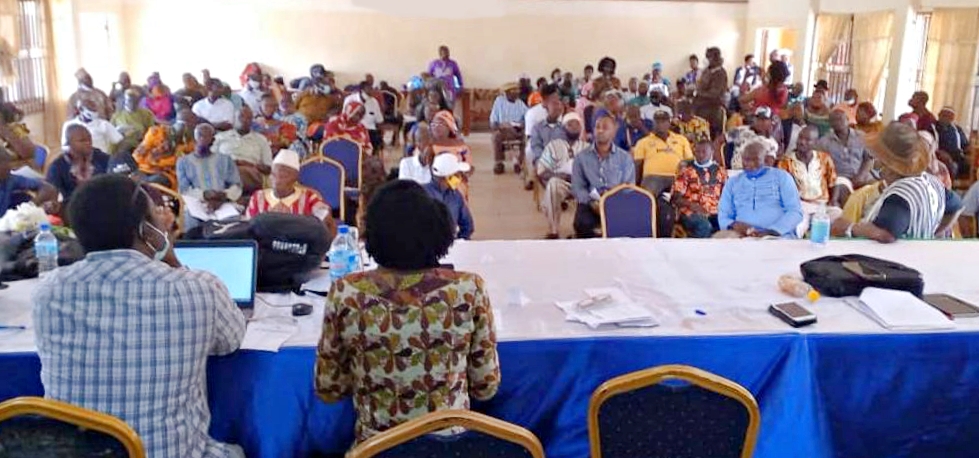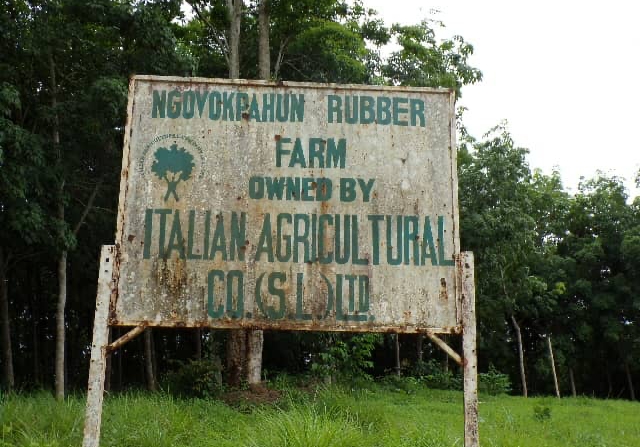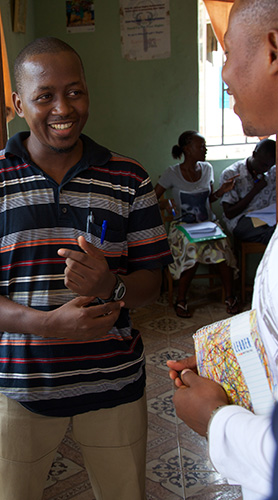
Our Journey in 2019 & 2020
The government of Sierra Leone has been aggressively courting large-scale agriculture and mining investments in the country as a means to spur economic growth. Over 20% of Sierra Leone’s arable land is now leased to foreign businesses. The negotiation between investors — who are backed by financiers and political allies — and the communities who own the land are marred by deep power imbalances. This often leads to the exploitation of communities and environmental devastation.
Namati paralegals support communities to protect customary land rights, challenge land grabs, remedy environmental harm, and, if they wish, negotiate fair deals with investors. Drawing on this experience, we are fighting to change laws and strengthen regulatory regimes so that the people who depend on the land have a meaningful voice in deciding what happens to it and a recourse for action when injustice occurs.
Our Grassroots Impact at a Glance
In 2019 and 2020, paralegals supported rural communities to protect their lands and negotiate fair deals with investors, directly improving the livelihoods and wellbeing of thousands of people.
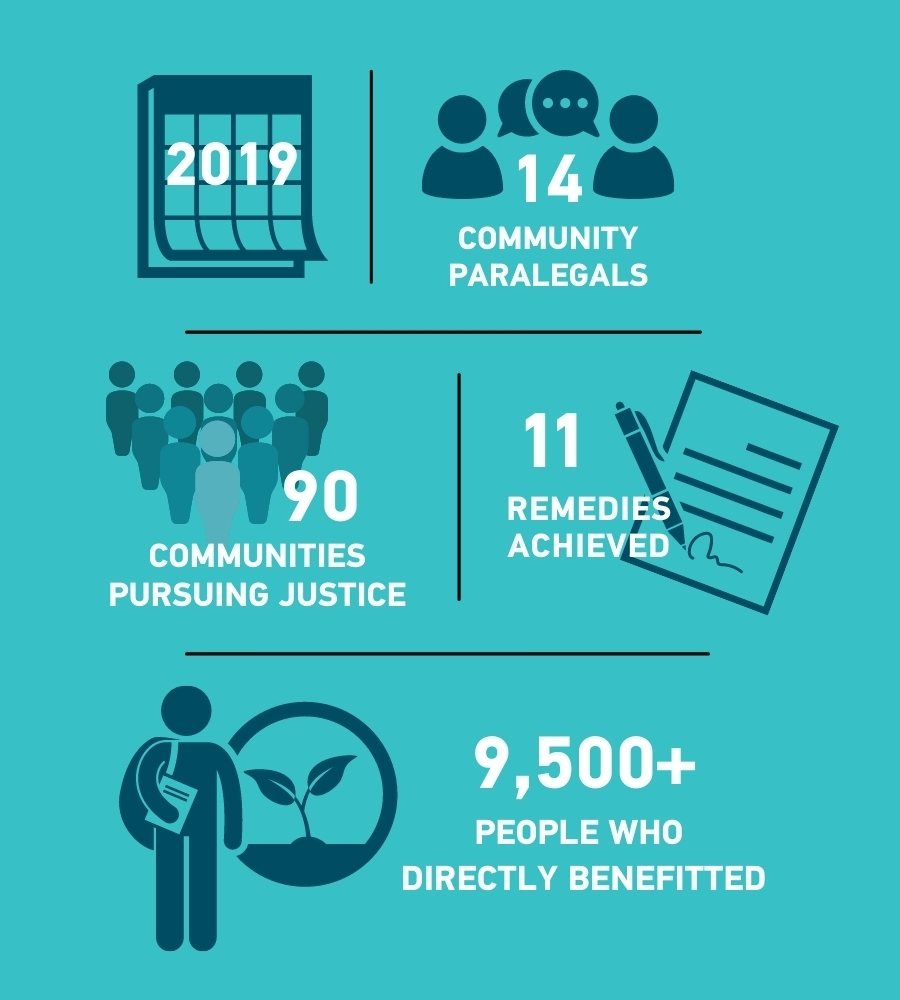
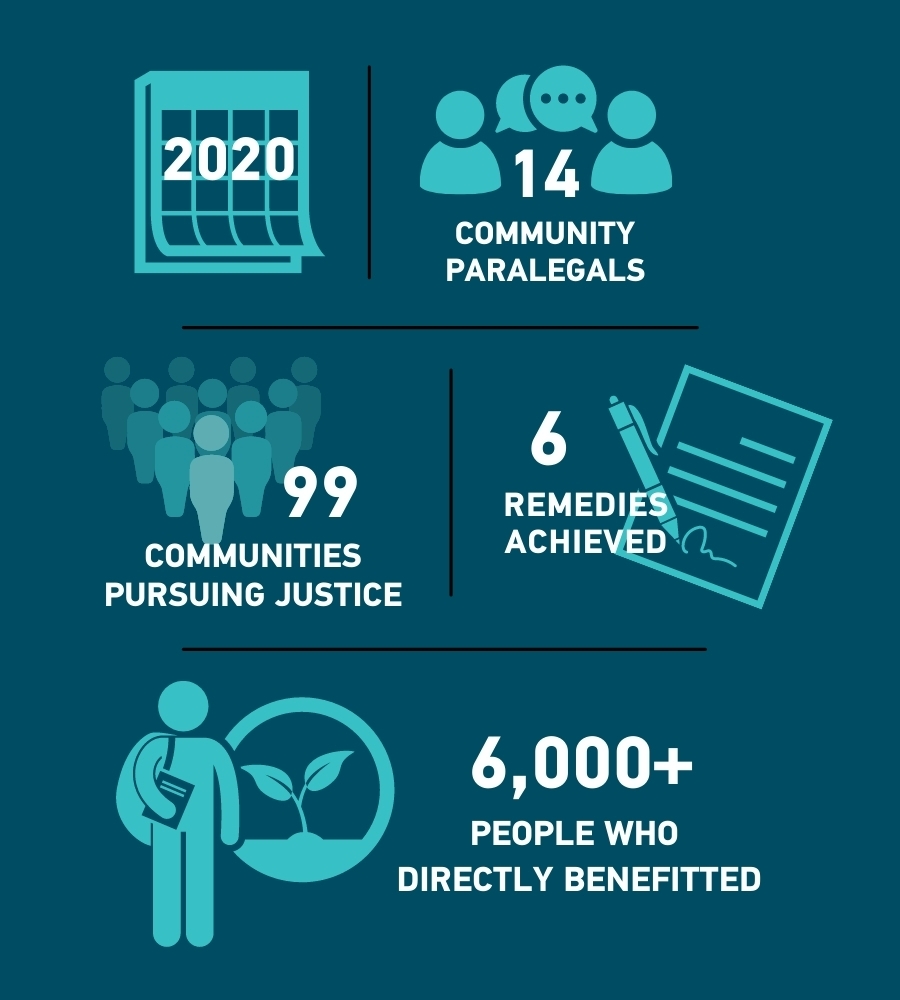
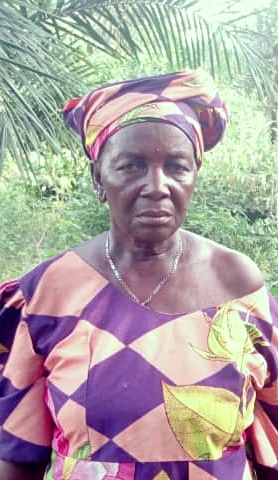
Madam Mamie, a landowner and chair of Ngovokpahun village council
Disillusioned But Not Defeated: How a Rural Village Took on a Foreign Investor
It was good land. Before the company’s arrival in 2011, the people of Ngovokpahun village had used it to grow cocoa and other cash crops to help them pay for their children’s education. But when Italian Agriculture offered to build them a school, health center, and roads, provide them with employment, and pay rent, leasing out the land seemed like the wiser option. The company drafted the agreement and the landowners signed.
More than 5 years later, Italian Agriculture had not fulfilled a single promise. There was no school, no health center, no roads, and no jobs. What is more, without the consent of the people, the company took and destroyed the community’s only recreational ground for its own use.
While the company cultivated the land, they rarely paid for it on time or in full. “Our cocoa, coffee and cola nuts were gone, and the rent not forthcoming,” explains Madam Mamie, a landowner and chair of the village council. Without the income from the crops or the rent, she and the other parents in the village struggled to pay their children’s secondary school fees.
Writing & Speaking to Grow the Movement
We aim to communicate the urgent need for land & environmental justice to policymakers and people in Sierra Leone and across the globe. In 2019 and 2020, we published or were featured in more than half a dozen op-eds and articles.
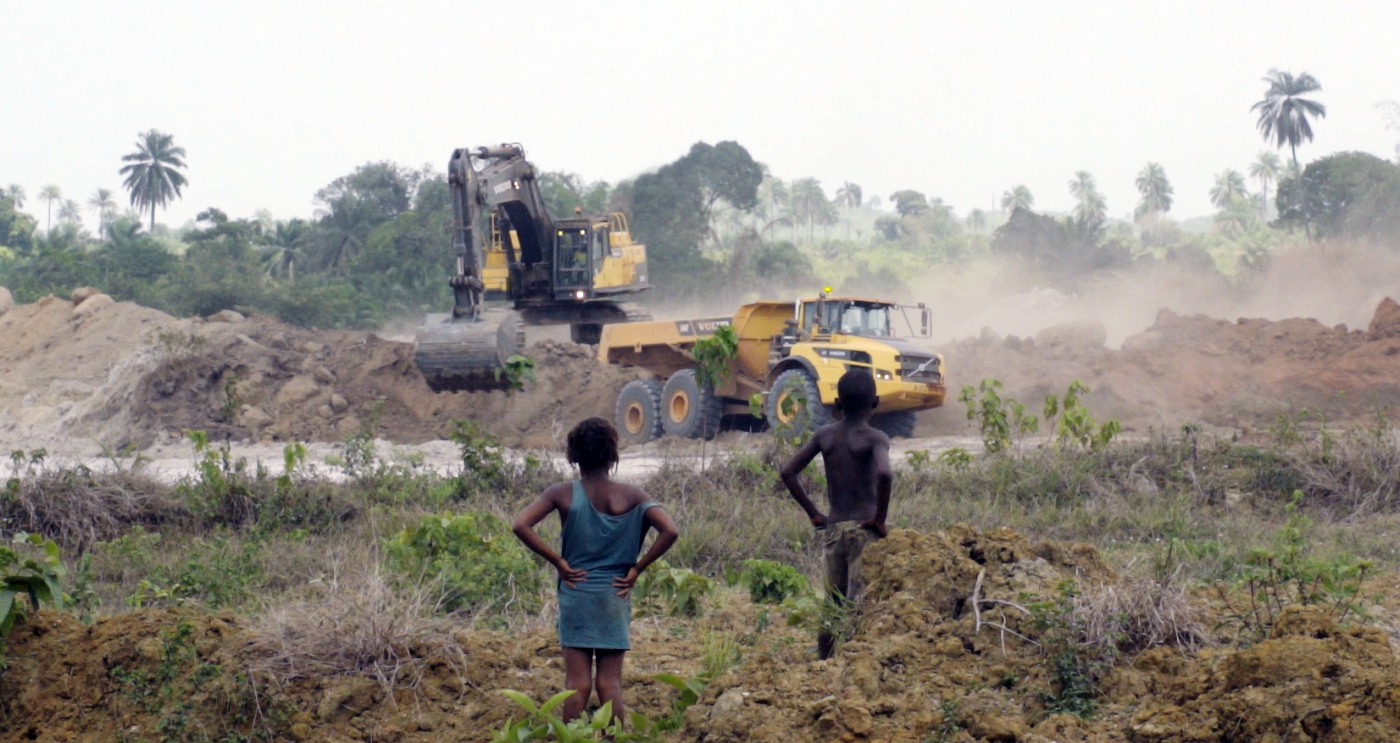)
In the Press
Communities Should Be Able To Determine The Terms On Which Minerals Are Extracted From Their Land
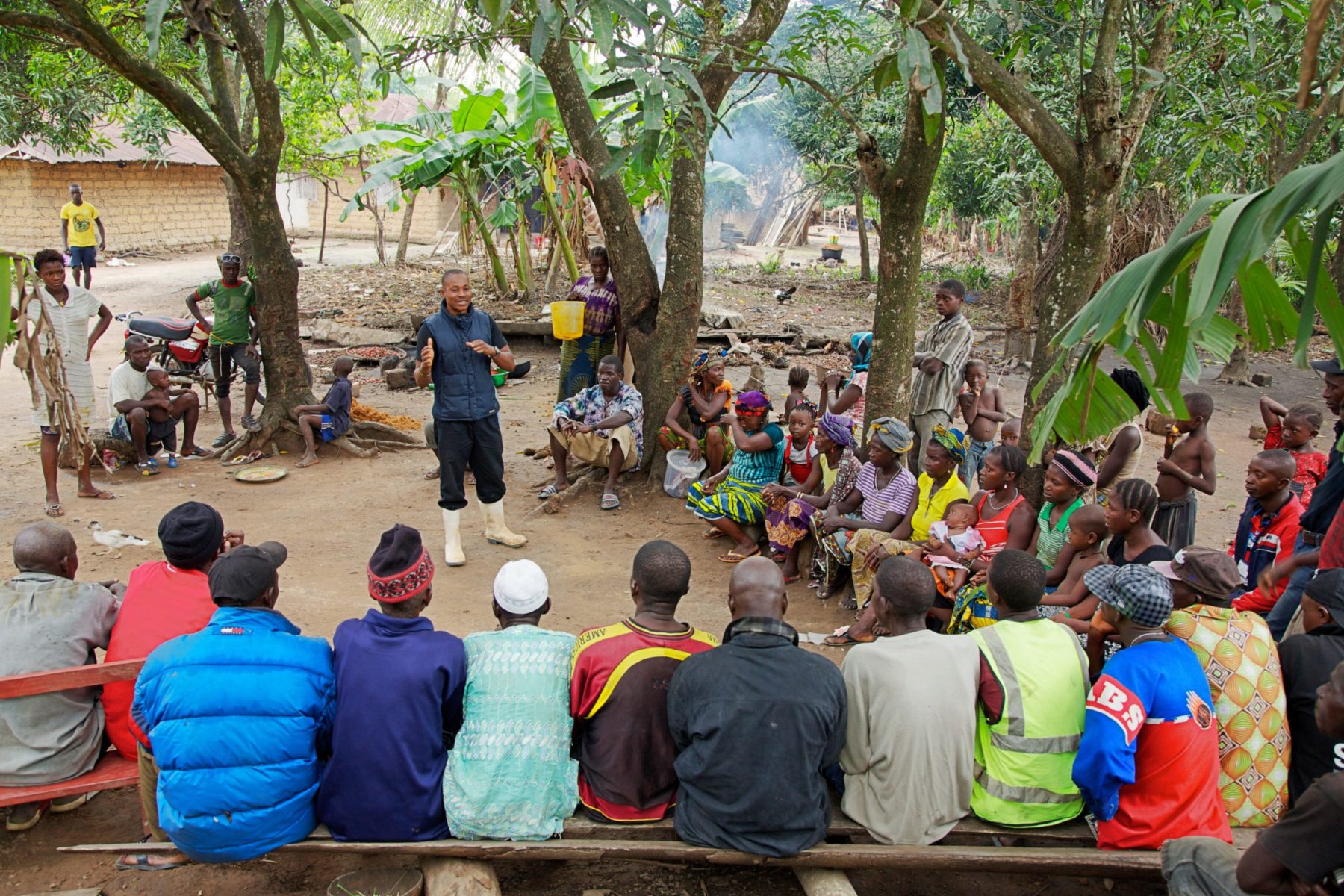)
In the Press
When people power meets litigation: A history-making success story in Sierra Leone
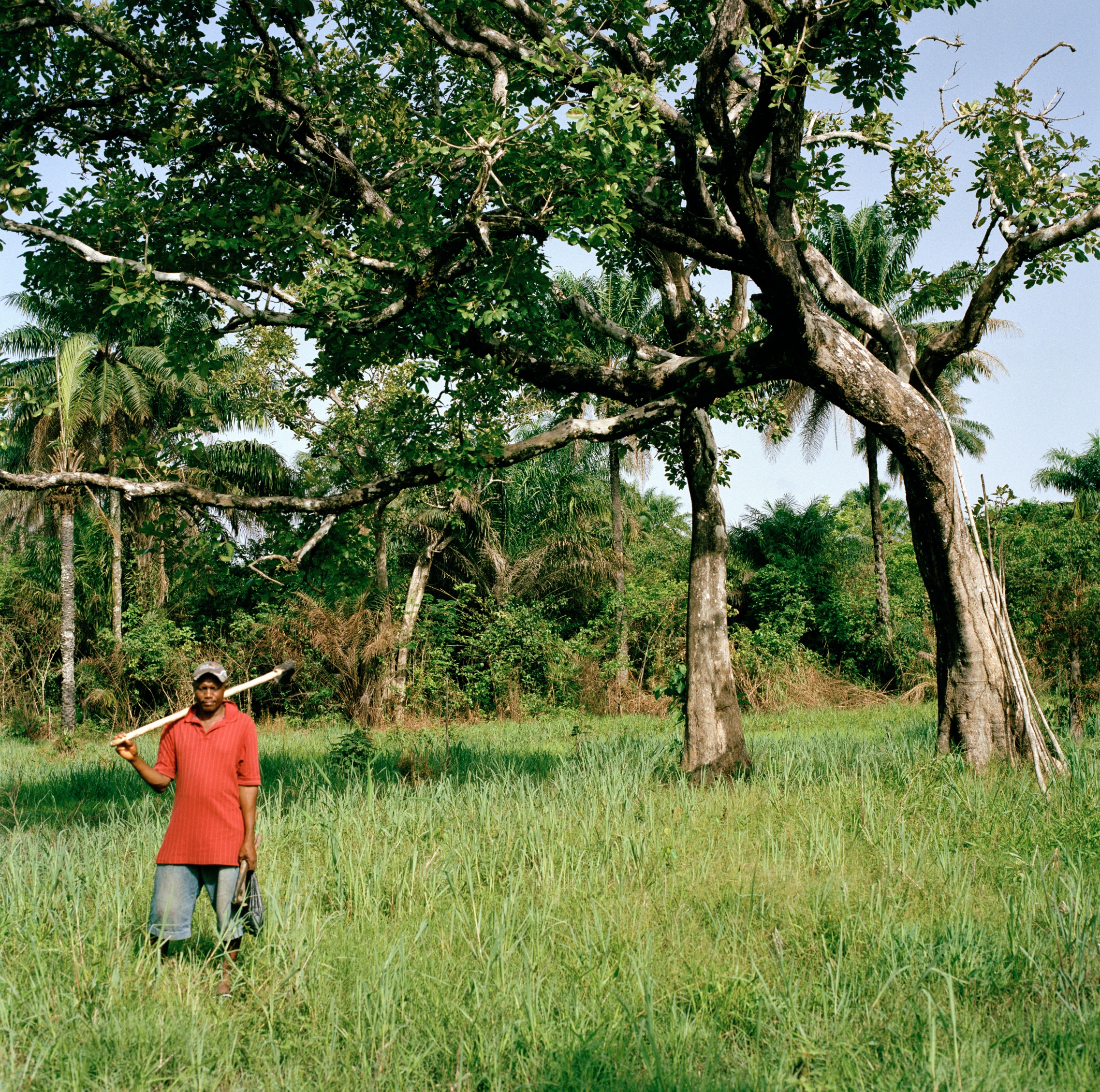)
In the Press
Using legal empowerment to fight exploitative land investors in Sierra Leone
)
In the Press
Communities need land rights to gain from investments
)
In the Press
Costly justice: Why communities in Sierra Leone turn to paralegals instead of local courts to resolve their justice problems
)

